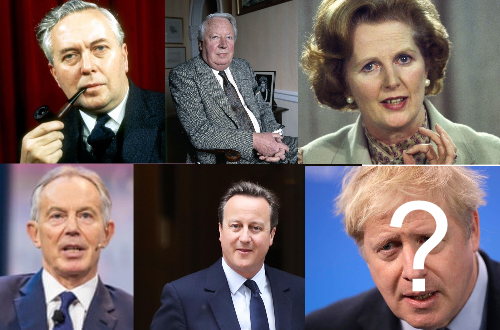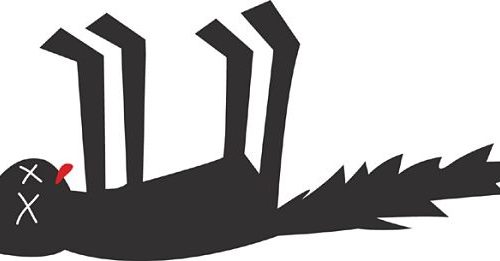Stephen Fry thinks the expenses issue is not what politics is about.
He is, as usual, right.
David Aaronovitch says that the great British Public (who he risks confusing with the morons who bother to text TV programmes at one point in his article) is a “public that becomes intoxicated by its own outrage, that wants democracy but doesn’t want to pay for it and whose preferred form of political engagement is tossing the rattle out of the pram.”
He is, as usual, right.
But as right as I can see they are, there is still enough wrong in the MP expenses saga to be dismayed. The culture of entitlement really sticks in the craw. Even now, there are MPs who seem to have normalised a standard of life they feel the public should expect them to hold, when the public are themselves struggling in an economic crisis. Perhaps three years ago the outrage would not be so high, but now?
Even if you think Fry is intellectually right in arguing that decisions about war and policy are more important than the trivia left on the trail of receipts, he is wrong. Fry notes, with regard to the concern that the BNP might be beneficiaries of this outrage, “democracy, is democracy, is democracy”. Part of a democracy is that the public can express outrage against politicians who they feel have cheated them, and let’s be clear they have. Fry might not feel that politics is about expenses, but he isn’t on £15,000 pounds a year, or worried about his job and house. He might have stronger feelings about the cleaning of moats, if he was.
Polly Toynbee is still basically right about the low level of corruption in UK politics, and Aaronovitch is correct to argue for changes that might include paying more money to MPs, but politicians have had the power to make the changes for years. They failed. Even though many of them must have known the type of scams being undertaken by either themselves or colleagues. They sailed on claiming morally unacceptable, if not legally unacceptable, expenses. If those changes are now harder to push through because of their previous inaction, then they have no-one else to blame but themselves.


